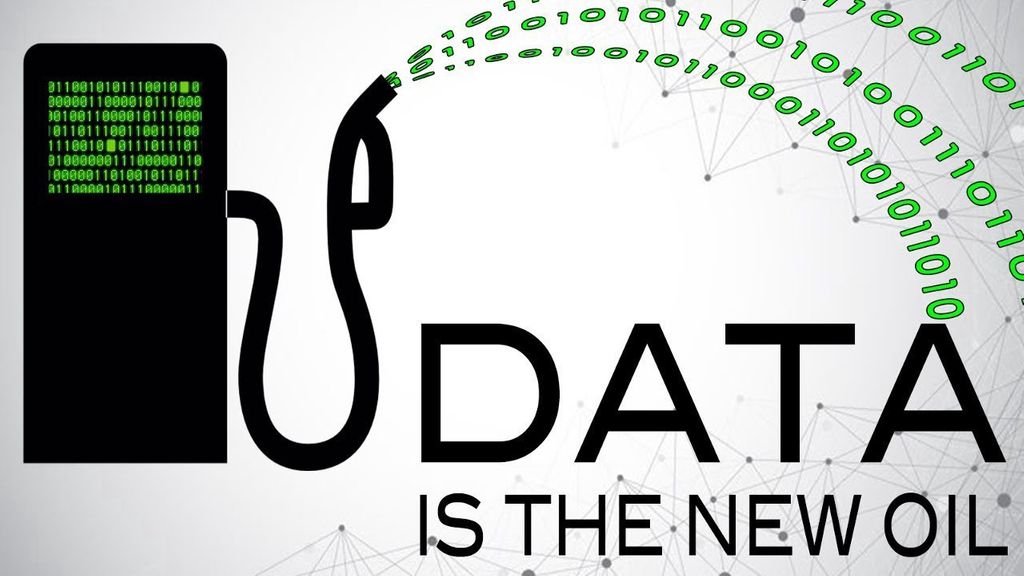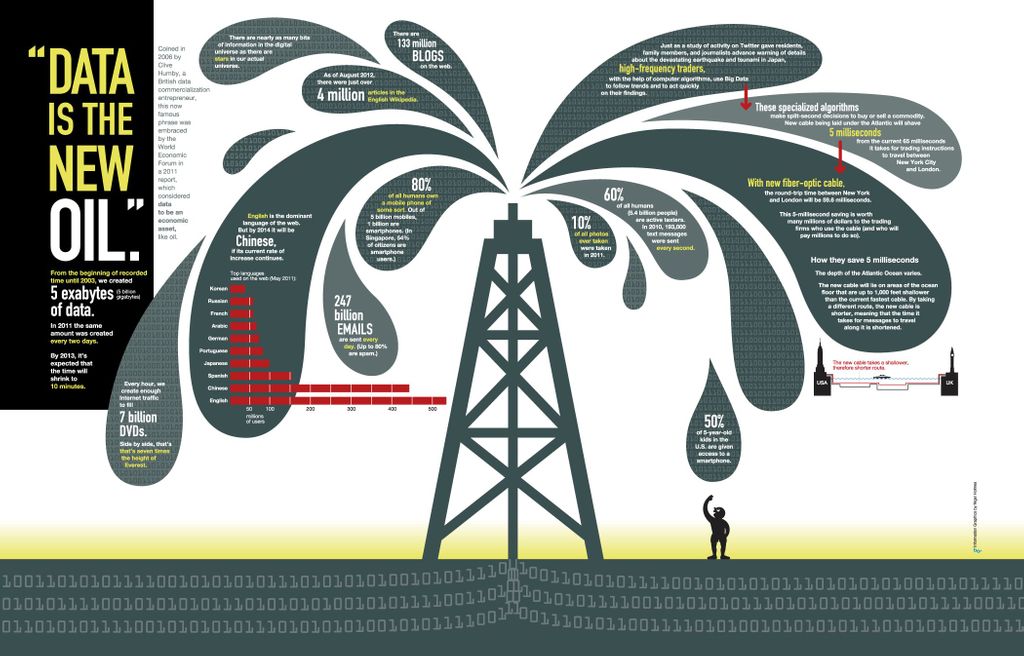Data Is The New Oil
Mar 27, 2019 • 52 views
In the words of the great American engineer, statistician, Professor and the father of modern quality management, William Edwards Deming, “In God we trust; all others must bring data.” Once upon a time, oil companies ruled the globe. An immense, untapped valuable asset of the 18th century — oil, was the world’s most valuable resource. It was the key functionality of everything from the government to local companies. Without it, progress would halt and economies would shrink. Fast forward…. The 21 st century. A new particular wonder that amazes the world — the advent DATA makes the difference between these two centuries look like the two different ends of a very wide spectrum. How? Follow me.

HISTORICAL CONTEXT “Around a decade ago, we first heard the expression ‘Data is the new oil’. It was coined by Clive Humby, the man that built Clubcard, the world’s first supermarket loyalty scheme. He was using the metaphor to explain how data is a resource that is useless if left ‘unrefined’: only once it’s mined and analysed, does it create (potentially extraordinary) value.

DATA COMPARED TO OIL
➢ Data is an essential resource that powers the information economy in much the way that oil has fueled the industrial economy.
➢ Traditional oil is finite, Data availability seems infinite.
➢ Data flows like oil but we must “drill down” into data to extract value from it. Data promises a plethora of new uses — diagnosis of diseases, direction of traffic patterns, etc. — just as oil has produced useful plastics, petrochemicals, lubricants, gasoline, and home heating.
➢ Oil is a scarce resource. Data isn’t just abundant, it is a cumulative resource.
➢ As a tangible product, Oil faces high friction, transportation and storage costs. As an intangible product, Data has much lower friction, transportation and storage costs.
